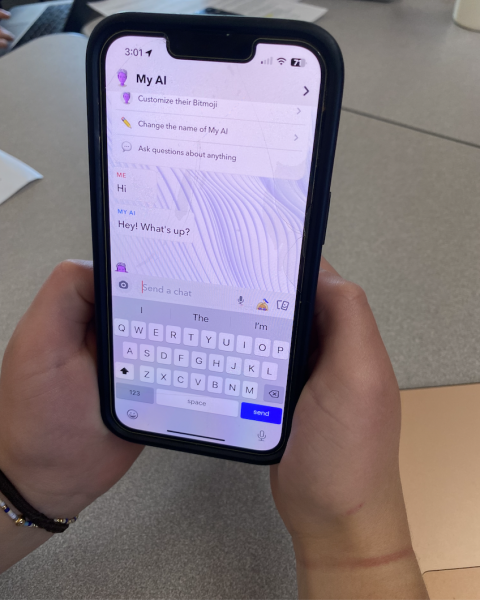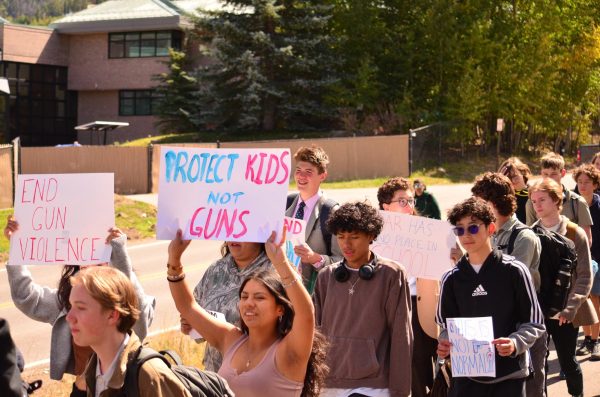The Importance of Honoring MLK Day
Portrait of Dr. King courtesy of Wikipedia Commons under commons license
Monday, Jan. 17 is Martin Luther King Jr. Day. In many cities throughout the nation, this day is celebrated with marches and parades, as well as speeches by civil rights leaders and politicians. Individuals and organizations also undertake volunteer efforts in support of what is often called MLK Day of Service. However, here in Aspen, we neglect to honor one of our nation’s most prominent Civil rights leaders. While many students will be studying for Finals week, we must remember to take time to honor the spirit of King and consider how we can further racial equality in America.
But who was King?
Graduating from high school at the age of 15, King received his Bachelor’s Degree in 1948, from Morehouse College. He first came to national prominence during a 1955 bus boycott in Montgomery, Alabama, and is regarded as one of the most influential of the African American civil rights leaders during the 1960s.
Martin Luther King Jr. was a Baptist minister and civil rights leader who advocated for nonviolent resistance against racial segregation, regarded as one of the most influential of the African American civil rights leaders during the 1960s.
During King’s less than 13 years of leadership of the modern American Civil Rights Movement, African Americans achieved more genuine progress toward racial equality in America than in the previous 350 years. He is regarded as America’s preeminent advocate of nonviolence, as well as one of the greatest nonviolent civil rights leaders in world history.
King was invaluable in the passage of the Civil Rights Act of 1964, which outlawed discrimination in public accommodations, facilities, and employment, as well as the Voting Rights Act of 1965. He won the Nobel Peace Prize and founded the Southern Christian Leadership Conference in 1957. He is most well known for leading the famous March on Washington, where he delivered his “I Have A Dream ” speech.
April 4, 1968, King was assassinated by James Earl Ray, who was then sentenced to 99 years in prison. Immediately following King’s death, there were calls for a national holiday in King’s honor on his birthday, January 15th. On Nov. 2, 1983, after efforts from both the King Center, private citizens, Stevie Wonder, and a 6 million signature petition, President Reagan signed the bill to create a federal holiday honoring King.
The holiday was celebrated on the third Monday of January rather than directly on Martin Luther King Jr.’s birthday in order to follow the guidelines of the Uniform Monday Holiday Act. This year, MLK Day will be celebrated on Monday, Jan. 17. King is the only non-president to have a national holiday dedicated in his honor or, and the only non-president memorialized on the Great Mall in the nation’s capital.
On January 17, we should celebrate Dr. King, but also recognize that there is still much to do in order to obtain racial equality in America and continue King’s legacy. Yet, almost sixty years after the March on Washington, there is still work to do in terms of combating the institutional and systemic racism in our nation and obtaining racial equality.

Océane Jones is an Editor-In-Chief of The Skier Scribbler. As an AHS senior, this is her third year on The Skier Scribbler In her free time, Océane enjoys...


































